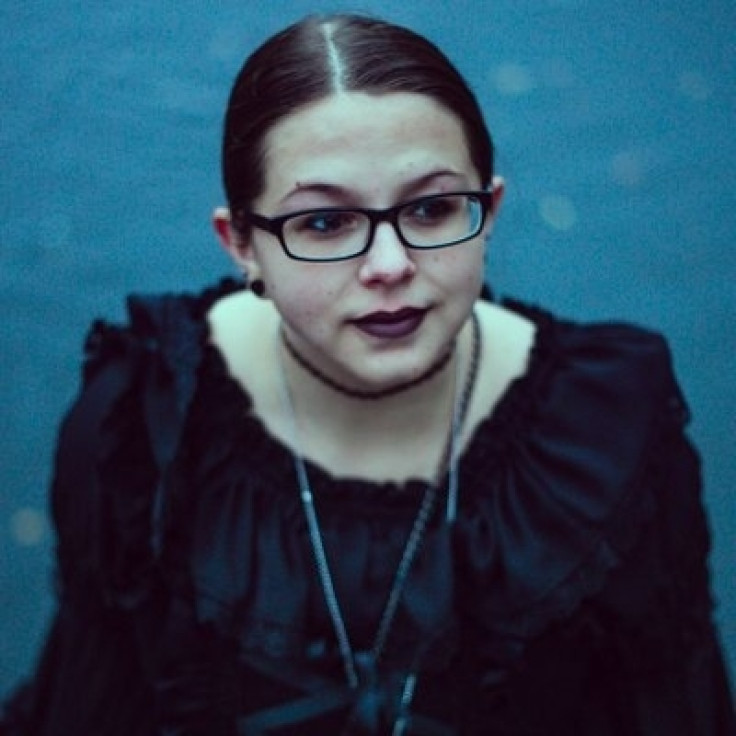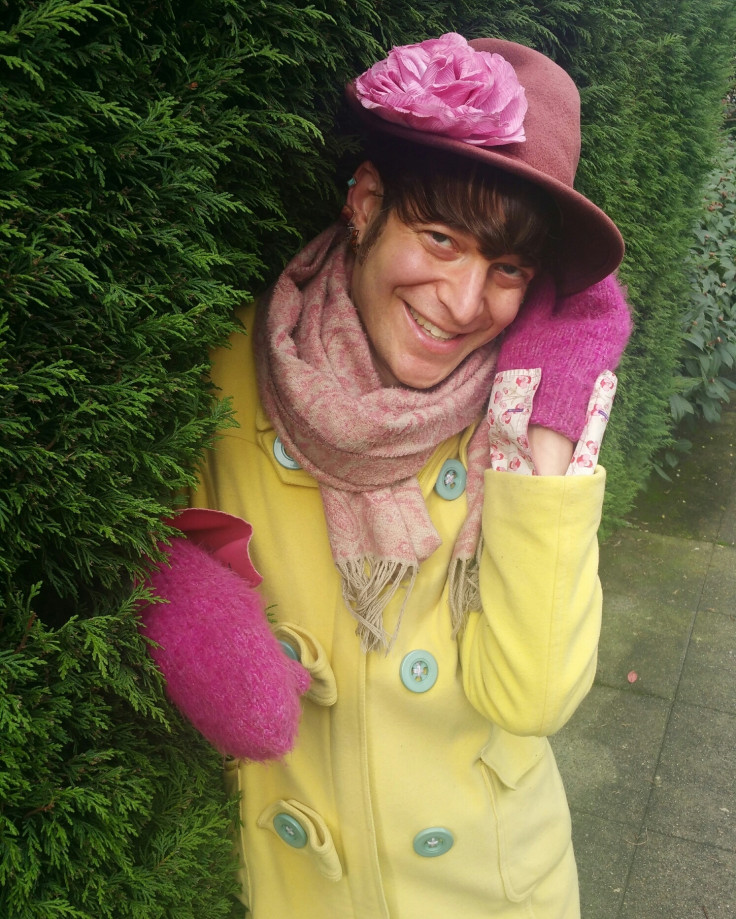The LGBTQ people who don't want gay marriage equality
KEY POINTS
- The legalisation of same-sex unions is not a priority for some queer people.
- Critics argue marriage should not be the way to unlock access to benefits.
After months of heated debate and tireless campaigning, Australia has become the latest country to recognise same-sex marriage. Gay, lesbian and queer communities around the world celebrated, regarding it as an important step forward for LGBTQ rights. But not all gay people support marriage equality.
Hard-fought marriage equality unlocks a wealth of privileges that are taken for granted by many heterosexual couples. Husbands and wives are regarded as the next of kin of sick loved ones, they can inherit wealth, access tax breaks, and healthcare provisions in the US. It is, of course, also seen as a way to celebrate and secure their relationships. As a result, countries including the UK, America, South Africa, and Argentina have legalised gay marriage.
Yet, some conservatives see same-sex marriage as incompatible with what they regard as the traditional definition of a union between a man and a woman - even if that means they can never marry themselves. Others on the radical left do not see the point in fighting for something that is inherently flawed. They see wedlock as a conservative institution that has long been used as a tool of oppression. It is also regarded as a way to make gay people fit into cookie-cutter relationships that makes their love more palatable to society. This critique is known as "assimilation".
"Gay marriage advocates pretend they don't remember that marriage is still a central institution of anti-queer, anti-woman, and anti-child violence," Mattilda Sycamore, an anti-assimilation activist and writer, tells IBTimes UK. "Most straight people know that marriage is tacky, outdated and oppressive, and a few decades ago it was common wisdom that marriage was on its way out.
"The gay marriage movement has systematically pushed away anyone not willing or able to conform to white middle-class norms, in its fight for status within the status quo," she adds.
Lola Phoenix, 30, a marketer from the US based in London who uses the pronoun "they" has reasons that are more raw and personal. "My mother had been forced to marry a man who was her babysitter when she was 16," Phoenix tells IBTimes UK.

"I'm American and campaigned for what I call 'equal marriage' in the US for years. I've had people scream: 'Keep your hands off marriage' in my face. My mother is a lesbian and got married in San Francisco when there were the weddings there - which she got a refund for when they were annulled. As a symbolic thing, marriage meant a lot to me growing up.
"But when my mother couldn't marry someone she loved, given all of this, it felt ridiculous. I don't think marriage in a federal and legal sense should exist it all," they explain.
"Marriage has historically always been about consolidating power and, typically, controlling women and exchanging them as property. It has not been about love. And I don't like the idea of giving the state the power to 'approve' of relationships. It's none of the state's business."
To Yasmin Nair, a writer and activist who co-founded the Against Equality group which opposes gay marriage, the assimilation argument - that marriage is a way to make queer people conform - is a silly one. Instead, she does not believe marriage should be used as a means to unlock privileges that should be afforded to everyone automatically.
"People argue that marriage is conservative - well of course it is. I don't really care about that," she says, adding that she agrees that people should be able to marry if they wish. "Of course it's wrong to disavow people from an institution because of sexual identity."

"But what happens to larger issues of equality when gay marriage is the only way for people to access benefits, for instance?" She says that people in the US who are in domestic partnerships and civil unions have been told by state and private employers to marry in order to access healthcare.
Sycamore adds that the fight for gay marriage has sucked up resources that could be used to campaign for universal access to housing, healthcare, immigration rights, and HIV/AIDS services, to name a few.
"All the things that gay marriage advocates claim marriage will provide, these resources should be available to everyone, regardless of their conjugal status.
She adds: "We shouldn't have to conform to the backward norms of middle-class normalcy in order to be deserving of care."






